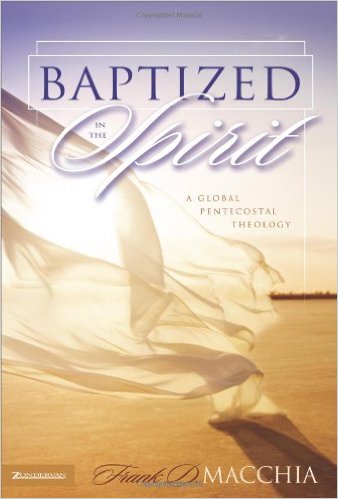Anita Brookner, Hotel du Lac (1984; Penguin edition, 1993) 184pp. ISBN: 978-0-140-14747-6
 I enjoyed this little novel, winner of the 1984 Booker Prize, though many critics have panned it and suggested it should not have won the prize. Edith Hope is a thirty-something woman banished by her friends to a short exile in Switzerland for her unforgivable indiscretion and foolishness. The novel is a measured unfolding of the story of how she ended up where she has, of the different characters who make up her companions in exile, and of her gradual self-realisation. Edith is in-between her former life now dismantled and perhaps lost to her, and … what?
I enjoyed this little novel, winner of the 1984 Booker Prize, though many critics have panned it and suggested it should not have won the prize. Edith Hope is a thirty-something woman banished by her friends to a short exile in Switzerland for her unforgivable indiscretion and foolishness. The novel is a measured unfolding of the story of how she ended up where she has, of the different characters who make up her companions in exile, and of her gradual self-realisation. Edith is in-between her former life now dismantled and perhaps lost to her, and … what?
The enigmatic Mr Neville, one of her hotel companions, introduces her to his philosophy of life.
‘It is a great mistake to confuse happiness with one particular situation, one particular person. Since I freed myself from all that I have discovered the secret of contentment.’
‘Pray tell me what it is,’ she said in a dry tone. ‘I have always wanted to know.’
‘It is simply this. Without a huge emotional investment, one can do whatever one pleases. One can take decisions, change one’s mind, alter one’s plans. There is none of the anxiety of waiting to see if that one other person has everything she desires, if she is discontented, upset, restless, bored. One can be as pleasant or as ruthless as one wants. If one is prepared to do the one thing one is drilled out of doing from earliest childhood – simply please oneself – there is no reason why one should ever be unhappy again.’
‘Or, perhaps, entirely happy.’
‘Edith, you are a romantic,’ he said with a smile. ‘I may call you Edith, I hope?’
She nodded. ‘But why must I be called a romantic just because I don’t see things the same way as you do?’
The conversation goes on for a while longer, this ‘dangerous gospel.’ And then,
‘You are wrong to think that you cannot live without love, Edith.’
‘No, I am not wrong,’ she said, slowly. ‘I cannot live without it. Oh, I do not mean that I go into a decline, develop odd symptoms, become a caricature. I mean something far more serious than that. I mean that I cannot live well without it. I cannot think or act or speak or write or even dream with any kind of energy in the absence of love. I feel excluded from the living world. I become cold, fish-like, immobile. I implode. My idea of absolute happiness is to sit in a hot garden all day, reading, or writing, utterly safe in the knowledge that the person I love will come home to me in the evening. Every evening.’
‘You are a romantic, Edith,’ repeated Mr Neville, with a smile.
‘It is you who are wrong,’ she replied. ‘I have been listening to that particular accusation for most of my life. I am not a romantic. I am a domestic animal. I do not sigh and yearn for extravagant displays of passion, for the grand affair, the world well lost for love. I know all that, and know that it leaves you lonely. No, what I crave is the simplicity of routine. An evening walk, arm in arm, in fine weather. A game of cards. Time for idle talk. Preparing a meal together.’
Another refrain from the story concerns a piece of advice Edith learned from her father: “This is when character tells.” That is, when one can stand firm and sure within oneself and stand one’s ground in the face of and in spite of the criticisms, slights, discouragements and difficulties that assail. Anita Brookner has crafted a subtle story about love, and about character, and about the growth of one’s character if one is willing. Yet in the end we are left with questions unanswered, questions which call us to reflect on the nature of our lives and loves, choices and character. Who is Edith, and for what does she ‘hope’? How well does she actually know herself? And is her final decision a vindication or repudiation of Mr Neville’s advice? More pointedly, is the modern concept of ‘character’ at odds with our vision of love? If one of the marks of a good novel is that it will stimulate us to think deeply about the larger questions of life, Hotel du Lac qualifies as good.
Anita Brookner has crafted a subtle story about love, and about character, and about the growth of one’s character if one is willing. Yet in the end we are left with questions unanswered, questions which call us to reflect on the nature of our lives and loves, choices and character. Who is Edith, and for what does she ‘hope’? How well does she actually know herself? And is her final decision a vindication or repudiation of Mr Neville’s advice? More pointedly, is the modern concept of ‘character’ at odds with our vision of love? If one of the marks of a good novel is that it will stimulate us to think deeply about the larger questions of life, Hotel du Lac qualifies as good.




